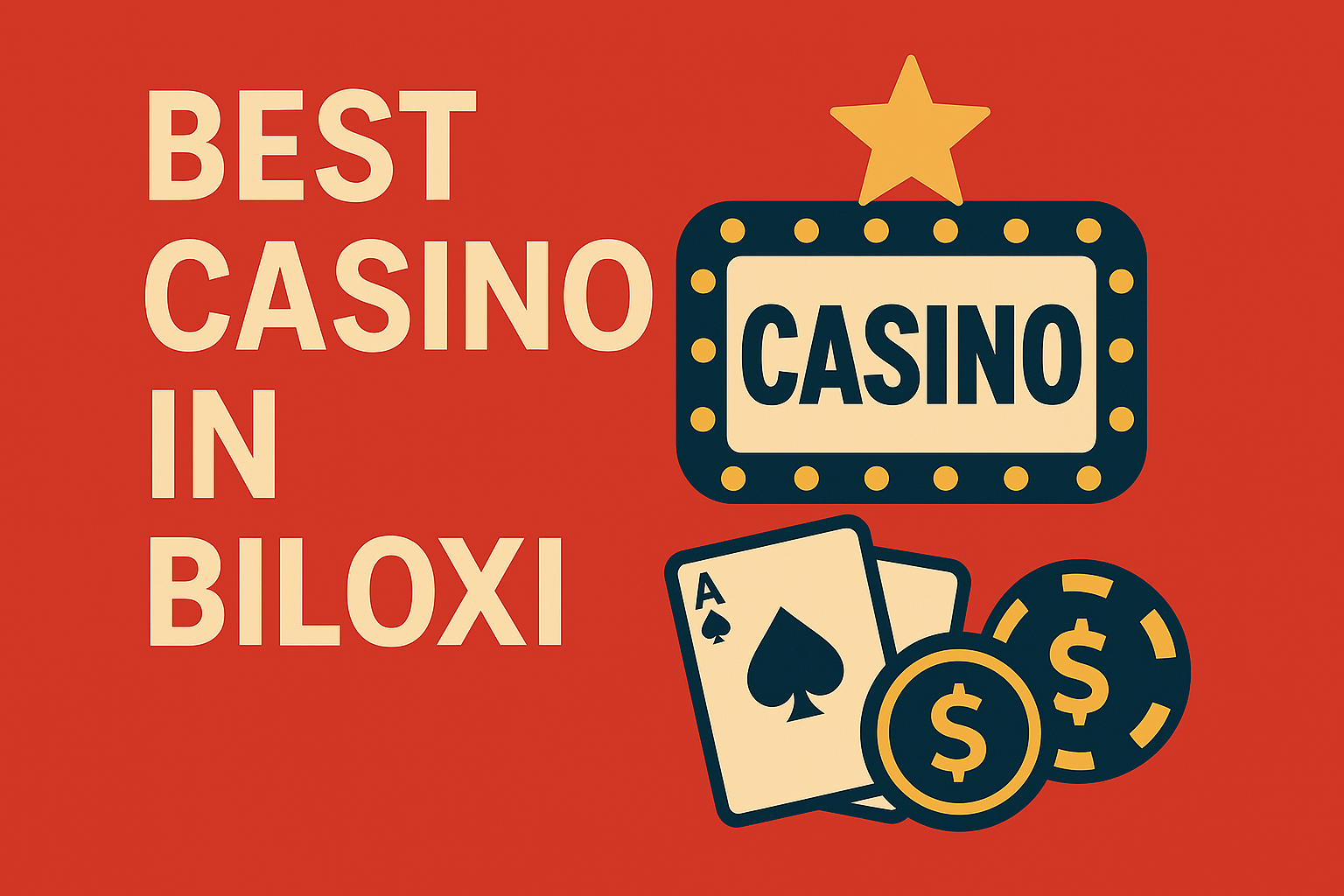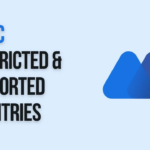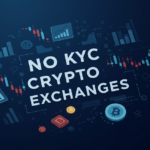I will talk about How to Get a Job in Crypto with No Experience. There are always opportunities to grow in the crypto industry, and even newcomers can benefit.
You’re welcome whether you have skills or not; there is a place for everyone. If you take the right steps—education, building connections, and demonstrating interest—rest assured that you will make it into Web3 with no history in the field.
How to Get a Job in Crypto with No Experience

The advent of cryptocurrencies and blockchain technology has spawned one of the fastest growing industries in the world. There is an opportunity for everyone, be it developers, marketers, analysts or even legal professionals, to fit into the blockchain ecosystem.
If you’re looking to enter this new and thrilling industry, the following steps will direct you towards achieving your goal of getting a job in crypto.
Step 1: Identify the Core Concepts of Cyber Currency and Blockchain Technology
Make sure you have adequate knowledge of how the blockchain operates and delve into decentralized finance (DeFi), smart contracts, crypto wallets, and consensus mechanisms.
Stay updated on the major cryptocurrencies such as Bitcoin and Ethereum and make sure to keep abreast with the trends using reputable crypto blogs, newsletters, and YouTube channels. Coursera, Udemy, and Binance Academy offer the most basic beginner materials, so check them out.
Step 2: Determine Your Specialized Focus Within the Cryptocurrency Industry
From blockchain developers and security engineers to crypto content creators, community managers, and compliance officers; there are many diverse roles available in the crypto space.
Take some time and narrow down to the profession that best suits your educational history, skill set and passions. Having a niche enables you to tailor your learning and differentiates you from other candidates when it comes to making applications.
Step 3: Gain More Knowledge and Get Certified
In the previous step, we discussed how to choose a niche. Every niche has a specific set of skills associated with it, so focus on developing it. A developer can specialize in Rust, Python, or even Solidity.
Marketers should learn about tokenomics and Web3 community. Look into earning certifications such as Certified Blockchain Developer (CBD) or even Certified Bitcoin Professional (CBP) to showcase your skills.
Step 4: Build Your Network and Engage the Community
For every business opportunity, developing a great network is important. Look for Telegram and Discord channels related to your industry and attend online conferences.
Engage with other professionals on LinkedIn and X (formally known as Twitter). Work towards open-source project contributions in addition to DAOs to gain experience and build your network.
Step 5: Build A Portfolio Demonstrating All Your Work
Set up a personal webpage or a GitHub profile to display all crypto-related projects, blogs, and contributions. Make sure to include smart contracts, marketing campaigns as well as white papers. Along with showcasing your skills, remember to highlight realworld contributions over theoretical ones.
Step 6: Search and Apply with a Targeted Approach
Check out specialized job boards such as CryptoJobsList, Web3Jobs, and AngelList for relevant openings. Focus on specific companies that match your career aspirations, and customize your resume and cover letter for each application. Highlight relevant skill sets in addition to showcasing your love for the blockchain ecosystem.
Step 7: Understand Company Interviews and Keep Learning
Dive deep into the company’s objectives, products, and any new launches. Prepare for a discussion not just on the hard skills, but also on your potential organizational fit.
Major developments in the crypto world and protocols should always be on your radar—this knowledge is critical for staying updated. Cristabell’s interviews are a great way to hone your self-presentation skills.
Learn the Basics of Blockchain and Crypto
For those looking to break into the cryptocurrency sector with no prior experience, it is advisable to first learn the basics of blockchain as well as cryptocurrency.
Look at how the blockchain works, the importance of decentralization, the verification of transactions, and the valuation of cryptocurrencies like Bitcoin and Ethereum. Understanding concepts such as wallets, smart contracts, gas fees, and consensus mechanisms is also critical.
There is no need to rush—starting with Binance Academy and Coursera or even YouTube will greatly help. These key concepts will help you navigate the world of cryptocurrency and find your niche, enabling you to lay a solid foundation for a future career.
Build Relevant Skills
If you have no experience but want a job in crypto, focus on skill building in areas where you already have strengths or interests. Those with a technical inclination might consider smart contract development with Solidity, or even broader programming in JavaScript and Python.
If you don’t want a technical role, you might want to consider content writing, social media, community management, advertising, marketing, or graphic design specializing in Web3. Cryptocurrency tools like MetaMask and Etherscan or DeFi protocols are interesting too.
Beginner courses are available on freeCodeCamp, Udemy, and CryptoZombies. Also, trustable certificates add to your credibility. Employers see these skill-building efforts as proof of readiness to work and that initiative will be taken to make a positive impact from the start.
Start Networking in the Crypto Space
Especially if you are new to the field, networking is one of the best ways to get into crypto. Start off with crypto focused communities on Twitter (X), Telegram, Discord or even Reddit. Follow leaders in the field, participate in the conversations, and provide helpful comments to increase your chances of being noticed.
Attend Web3 meetups as well as virtual hackathons, and even the ETHGlobal or Consensus conferences so you can meet with project founders and recruitment teams. Most crypto positions are informally circulated in these networks before becoming public.
Forming authentic connections and demonstrating engagement will very likely lead to opportunities to work as a freelancer, intern, or even as a permanent employee in this industry.
Prepare for Crypto Job Interviews
Understanding the Project: Familiarize yourself with the company’s objectives, tokenomics, roadmap, and associated personnel.
Know the Fundamentals: Prepare to explain basic blockchain concepts, including smart contracts, gas fees, and consensus mechanisms.
Show Your Passion: Discuss the ways you have interacted with the crypto space: studying, investing, engaging with DAOs, etc.
Show Your Abilities: Present relevant side projects, GitHub repositories, videos you posted online, and crypto-related communities that you managed.
Be Up To Date: Keep track of the latest developments in the market (e.g. DeFi, NFTs, or Layer 2 solutions) and demonstrate that you are an active follower.
Prepare Insights: Formulate insightful questions regarding the challenges, community, or goals of the project.
Communication: Focus on being brief but descriptive, articulate your crypto story and skills with poise.
Stay Updated and Keep Learning

Staying knowledgeable is important in the rapidly changing world of cryptocurrency. Make sure you check up on industry leaders CoinDesk, The Block, Decrypt, and CoinTelegraph for daily updates.
Some other great options are Bankless, The Defiant, and Messari for curated newsletters. Participate in crypto Twitter (X); join Telegram or Discord groups and follow relevant developers and influencers. Access Web3 podcasts and virtual events to deepen your understanding.
Continue to refine your crypto knowledge by learning new protocols, trying out DeFi platforms, and taking advanced courses. Employers in the industry would greatly appreciate versatility and an always curious attitude, along with confidence in your ability to adapt.
Conclusion
Getting into the crypto industry with no prior experience requires the correct strategy and attitude. Educating yourself on the fundamentals, acquiring applicable skills, networking, and demonstrating your commitment through personal projects will make you noticeable to employers.
In the crypto world, these traits are highly valuable—along with flexibility and inventiveness—and frequently take precedence over documented experience. Your crypto opportunity is more attainable than you expect.









